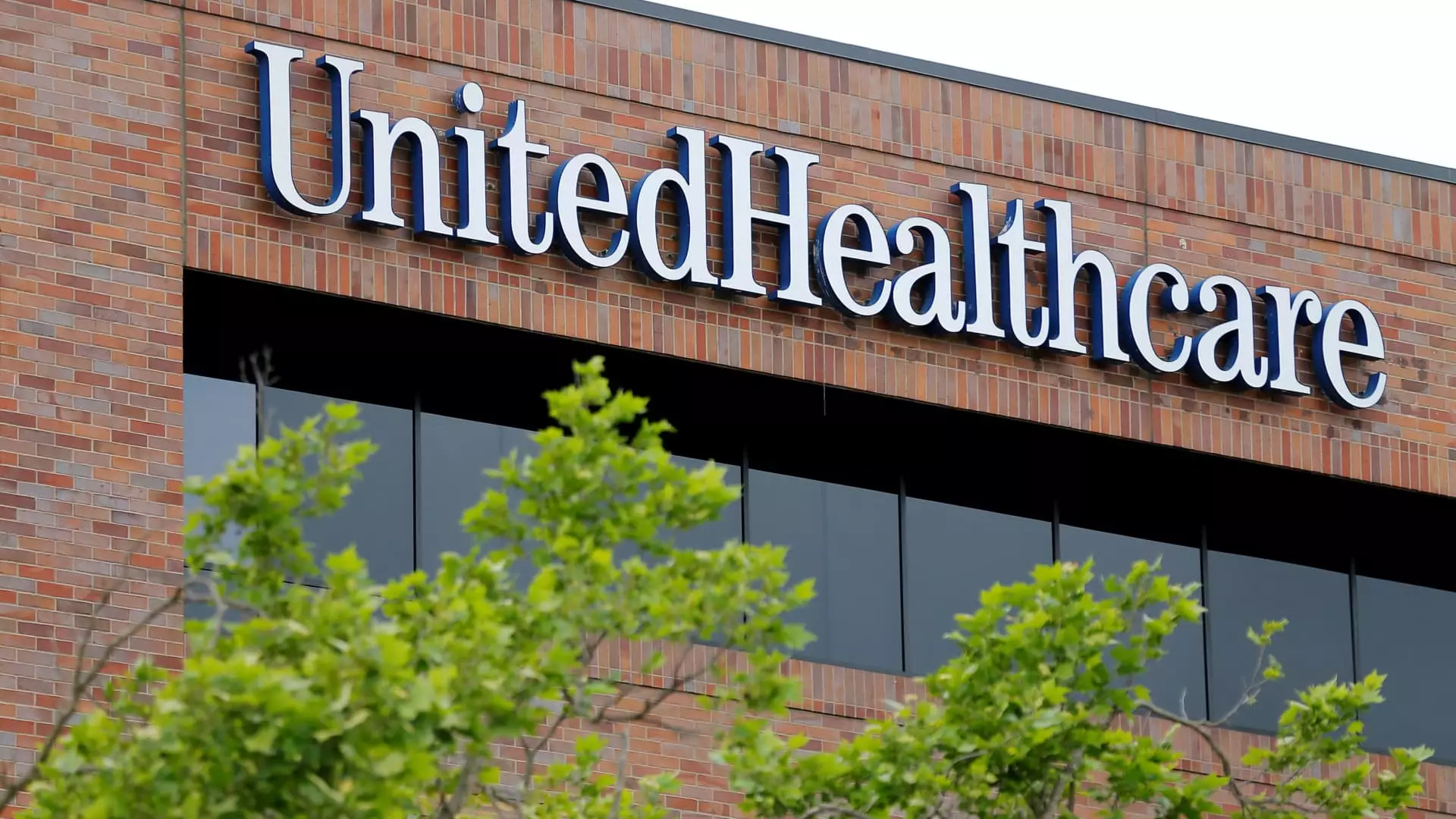The healthcare landscape in the United States is replete with complexities, and UnitedHealthcare, as a major player in the industry, finds itself embroiled in a series of controversies that highlight both operational shortcomings and regulatory scrutiny. This prominent insurance giant is under investigation for questionable Medicare billing practices, is exploring employee buyouts amid potential layoffs, and is currently in a public dispute with billionaire investor Bill Ackman. These developments culminate into a troubling scenario for UnitedHealth Group, the parent company that has consistently maintained a commanding presence in the health insurance sector.
Reports from the Wall Street Journal reveal that the Department of Justice (DOJ) has initiated a civil fraud investigation targeting UnitedHealthcare’s Medicare billing methods. Central to this investigation is the suspicion that the company may have routinely manipulated diagnoses to garner higher payments from Medicare Advantage plans—a government program designed to provide additional benefits to seniors. This scrutiny is particularly critical as Medicare is responsible for paying billions of dollars to UnitedHealthcare, highlighting the financial stakes involved.
The allegations suggest a systematic issue within UnitedHealthcare’s operational framework, revealing potential vulnerabilities in compliance with federal billing regulations. Such practices not only threaten the financial stability of the company but also risk eroding public confidence in Medicare, jeopardizing healthcare access for countless seniors dependent on these programs. The company has vehemently refuted these claims, labeling the media reports as “misinformation” and asserting that it upholds the highest standards in terms of government compliance.
In light of the ongoing investigation, UnitedHealth Group’s stock has experienced notable declines, falling approximately 23% over the past three months. Notably, the company’s shares dipped 9% following the revelation of the federal probe, signaling a lack of investor confidence stemming from ongoing uncertainties. In financial markets, reputational damage can have immediate and substantive repercussions, influencing not only stock prices but also the firm’s ability to secure future investments.
RBC Capital Markets analyst Ben Hendrix termed the investigation an “incremental overhang,” positioning it as a lengthy process that might not yield immediate financial detriments. While his assessment offers a glimmer of optimism, it belies the fact that sustained regulatory scrutiny can impact operational efficacy and strategic planning, underlying the importance for UnitedHealthcare to manage this situation delicately.
Simultaneously, UnitedHealthcare is pursuing buyouts for its employees and is contemplating layoffs should these voluntary resignations not meet predetermined quotas. This decision aligns with broader cost-cutting initiatives as the company aims to harness digital technologies to improve efficiency and consolidate operations. However, the decision to cut down on workforce can foster an atmosphere of insecurity among employees, potentially diminishing morale and productivity. Maintaining an engaged workforce is critical, especially when navigating such turbulent waters.
Moreover, the strategic emphasis on digital solutions raises questions about the adequacy of human resources at UnitedHealthcare. In an industry that heavily relies on personal interactions and comprehensive care management, an over-reliance on technology could detract from the essential human element of healthcare delivery, ultimately affecting patient care outcomes.
Furthermore, UnitedHealthcare has found itself in the limelight for its public disputes, most notably with Bill Ackman. The prominent investor recently announced that he would cover the legal costs for a Texas physician who accused the company of interfering in the medical procedures of her patient to limit costs. Such public challenges from high-profile figures can amplify negative perceptions of the company, suggesting systemic issues that warrant broader scrutiny and reform.
Ackman’s comments have ignited discussions regarding what he describes as the “overstated profitability” of UnitedHealthcare, primarily attributed to the denial of medically necessary procedures. These allegations echo prior concerns about the overarching motives of insurance companies, raising ethical questions regarding patient care versus profit maximization. These adverse narratives are particularly damaging in an era where transparency and trust are paramount.
Adding to these challenges, UnitedHealth Group is still dealing with ramifications from a cyberattack on its subsidiary Change Healthcare, compromising sensitive information for around 190 million individuals. The attack underscores vulnerabilities within the company’s data security infrastructure, prompting extensive financial repercussions in excess of $3 billion to affected providers. The timing of these concerns is particularly unfortunate, given the recent tragic death of CEO Brian Thompson, which not only represented a significant leadership gap but also ignited discussions on the accountability of corporate governance within the healthcare sector.
UnitedHealthcare’s current predicament showcases an intersection of regulatory challenges, financial instability, employee considerations, and reputational risks. The resolution of these multifaceted issues will be pivotal for the company’s trajectory, requiring stringent adherence to compliance standards, enhanced operational transparency, and urgent reassessments of its corporate ethos in the face of mounting external pressures. The road ahead will necessitate a concerted effort not only to stabilize the company but also to rebuild trust with stakeholders, ensuring that the overarching goal of providing quality healthcare remains at the forefront.

